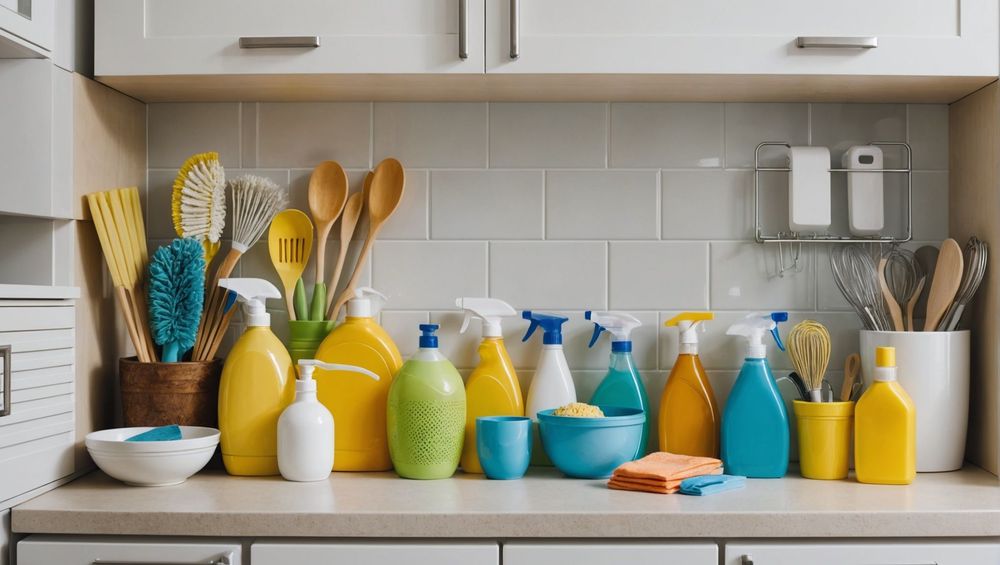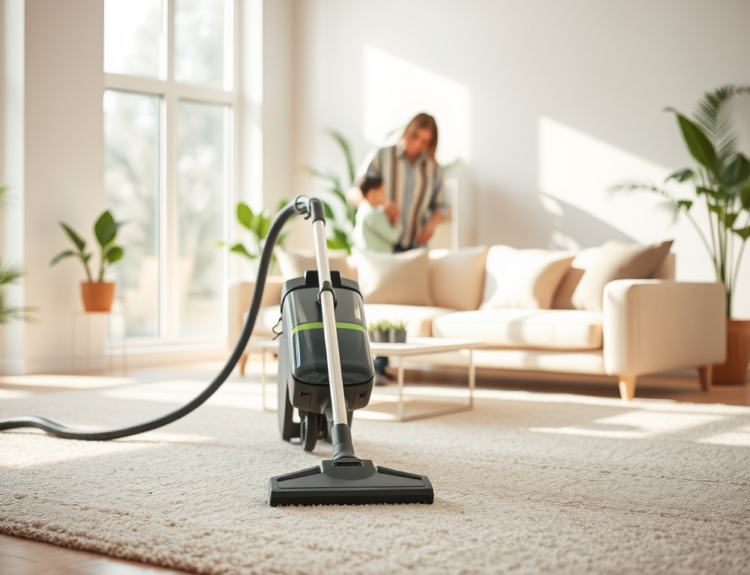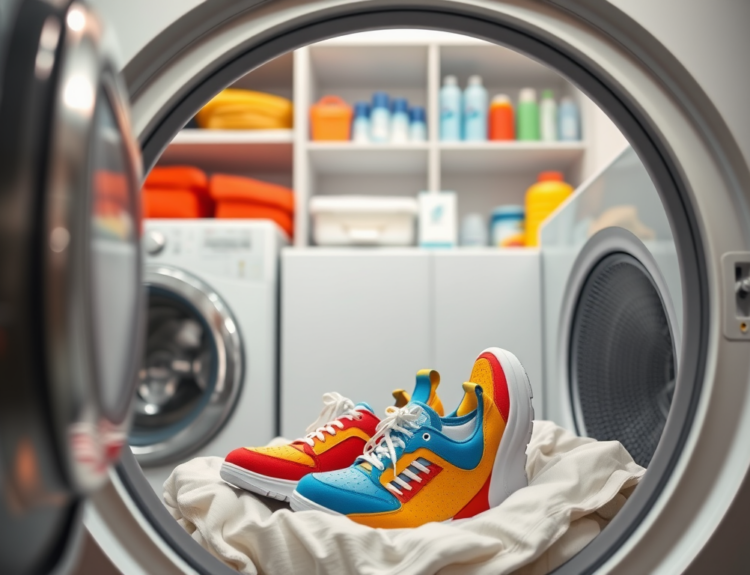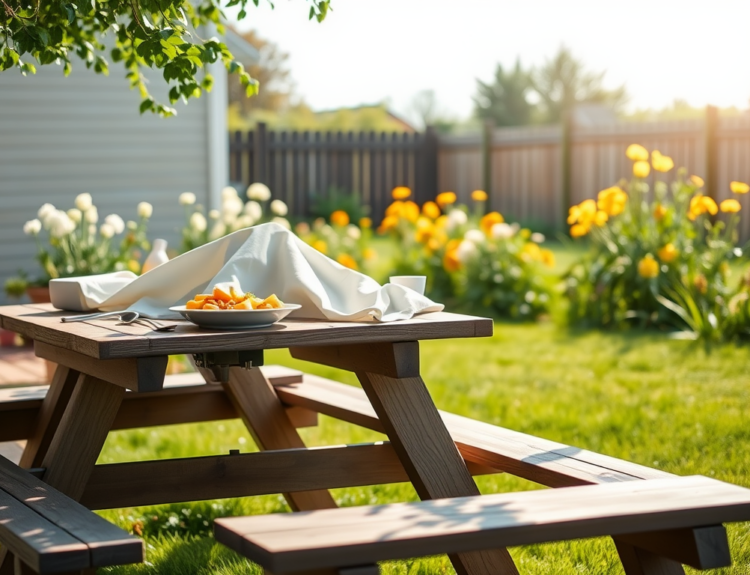Cleaning kitchen cabinets is essential to maintain a pristine kitchen environment and prolong the life of your cabinetry. Over time, cabinets can accumulate dirt, grime, and particularly tough grease stains, which may seem tough to tackle. However, with the right approach and cleaning solutions, you can restore your cabinets to their original shine. In this article, we will explore effective methods for cleaning kitchen cabinets and ensuring they look fresh and new, even in the face of stubborn stains.
Understanding the Types of Cabinets and Their Finish
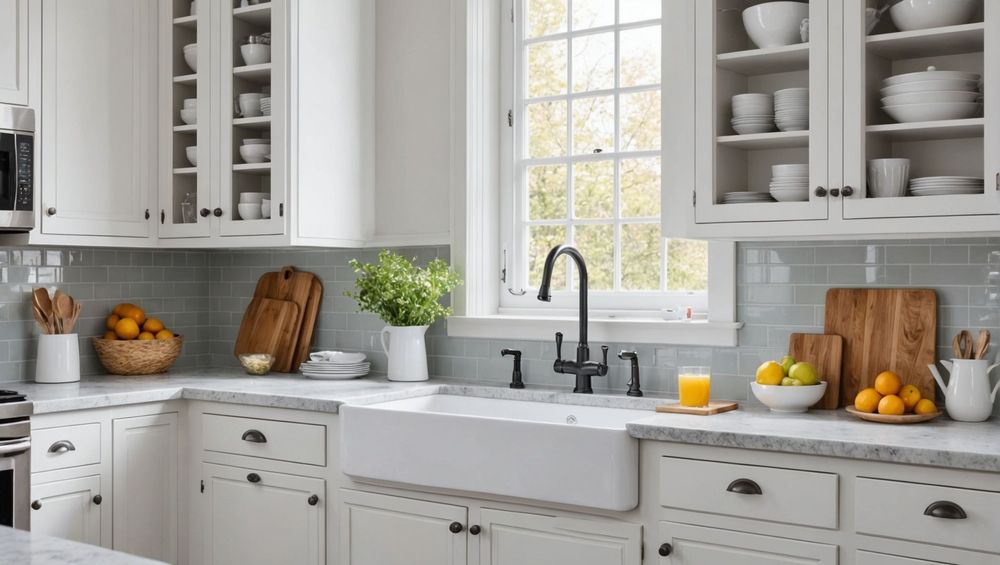
Before diving into the cleaning process, it’s crucial to understand the type of cabinets you have, as different finishes require different cleaning methods. Most kitchen cabinets come in three primary finishes: painted, stained, and laminated. Each material exhibits unique cleaning needs:
- Painted Cabinets: These require gentle cleaning solutions to avoid damage to the paint.
- Stained Cabinets: Oil-based stains need products that won’t strip the wood finish.
- Laminated Cabinets: These are usually more durable and can withstand stronger cleaners.
Identifying your cabinet’s finish will help you choose the right cleaning agents and methods, preventing any accidental damage during the cleaning process. Using the right technique enhances the appearance of your cabinets while preserving their integrity.
Gathering the Right Cleaning Supplies
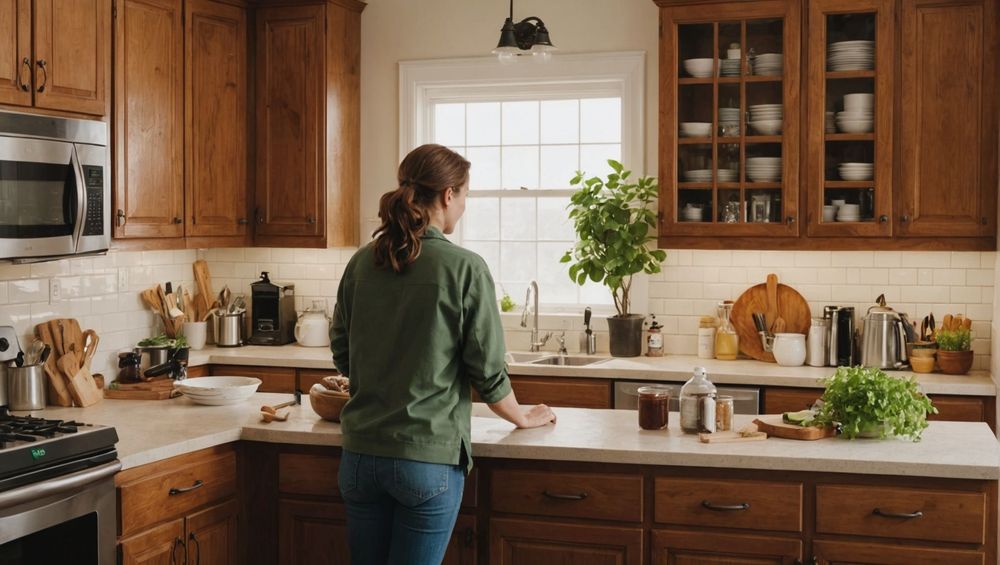
Having the right supplies on hand will make the cleaning process smoother and more effective. Here’s a list of essential items you should gather before starting:
- Warm water
- Dish soap or a mild kitchen cleaner
- A soft cloth or microfiber towel
- A sponge or soft scrub brush
- Baking soda (for tough stains)
- Vinegar (for natural cleaning)
- Olive oil (for polishing)
It’s essential to use gentle cleaning products that won’t harm the finish of your cabinets. For better results, opt for non-abrasive materials that won’t scratch the surface. Your goal is to lift dirt and grease without damaging the integrity of your cabinetry.
General Cleaning Process for Kitchen Cabinets
Now that you have the right supplies, it’s time to start cleaning your kitchen cabinets. Follow these steps for a successful cleaning session:
- Remove Loose Items: Start by emptying out the contents of your cabinets, including dishes, glassware, and pantry items. This will give you better access and reduce the risk of damaging your belongings.
- Prepare Your Cleaning Solution: Mix warm water with a few drops of dish soap in a bowl. If you’re dealing with especially greasy areas, adding vinegar can supercharge your cleaning solution.
- Wipe Down the Cabinets: Dampen your cloth or sponge with the solution and gently wipe the cabinet surfaces. Avoid soaking the cabinets, particularly if they are made of wood.
- Rinse and Dry: Use a clean, damp cloth to wipe away any soap residue, then dry the cabinets with a separate towel to prevent water damage.
- Polish (if needed): For additional shine, you can apply a small amount of olive oil to a clean cloth and lightly buff the surface of the cabinets.
Following this cleaning regimen will not only help maintain the aesthetic appeal of your kitchen but also contribute to a healthier cooking environment. Consistency is key—consider adopting a regular cleaning routine to prevent buildup.
Dealing with Tough Grease Stains
Grease stains are one of the most difficult types of grime to remove from kitchen cabinets. Luckily, with the right techniques, you can get rid of them effectively.
- Baking Soda Paste: Mix baking soda with a small amount of water to create a thick paste. Apply this paste to the grease stains and let it sit for 10 minutes before scrubbing gently.
- Vinegar Spray: Use a spray bottle filled with equal parts vinegar and water. Spray directly onto the stain, allow it to sit for a few minutes, and wipe clean.
- Commercial Degreasers: If natural solutions fail, you can choose a commercial degreaser specifically designed for kitchen surfaces. Always follow the manufacturer’s directions.
Whichever method you choose, always remember to test a small area first to ensure there is no adverse reaction with the cabinet’s finish. The key is patience; persistent cleaning will gradually lift even the most stubborn stains.
Conclusion
Cleaning kitchen cabinets, especially those affected by tough grease stains, doesn’t have to be an arduous task. By understanding your cabinet’s finish, gathering the right supplies, and following the outlined cleaning processes, you can achieve a fresh and inviting kitchen space. Regular maintenance and immediate attention to spills can help prevent stains from becoming a problem, ensuring your cabinets remain in excellent condition for years to come. Remember that keeping your kitchen clean not only enhances its appearance but also contributes to a healthier cooking environment.
FAQs
1. How often should I clean my kitchen cabinets?
It’s recommended to clean kitchen cabinets every few months, or more frequently if you cook often. Regular upkeep can prevent the buildup of grease and grime.
2. Can I use bleach to clean my kitchen cabinets?
Using bleach on kitchen cabinets is not advisable, as it can damage finishes and leave behind strong odors. Opt for mild cleaning solutions instead.
3. Is it safe to use vinegar on wood cabinets?
While vinegar is a great natural cleaner, it should be used sparingly on wood cabinets. Always dilute vinegar with water and test it in a small area first.
4. What should I do if my cabinets are scratched?
Minor scratches can be repaired with a wood filler or touch-up marker that matches your cabinet finish. For deeper scratches, consult a professional for refinishing.
5. Can I hire a professional cleaner for my kitchen cabinets?
Yes, hiring a professional cleaner is a good option, especially for deep cleaning or if your cabinets require specialized care. Make sure to choose someone experienced with cabinet cleaning.
